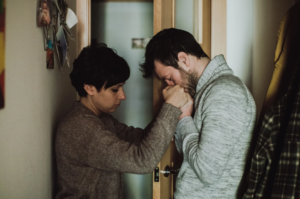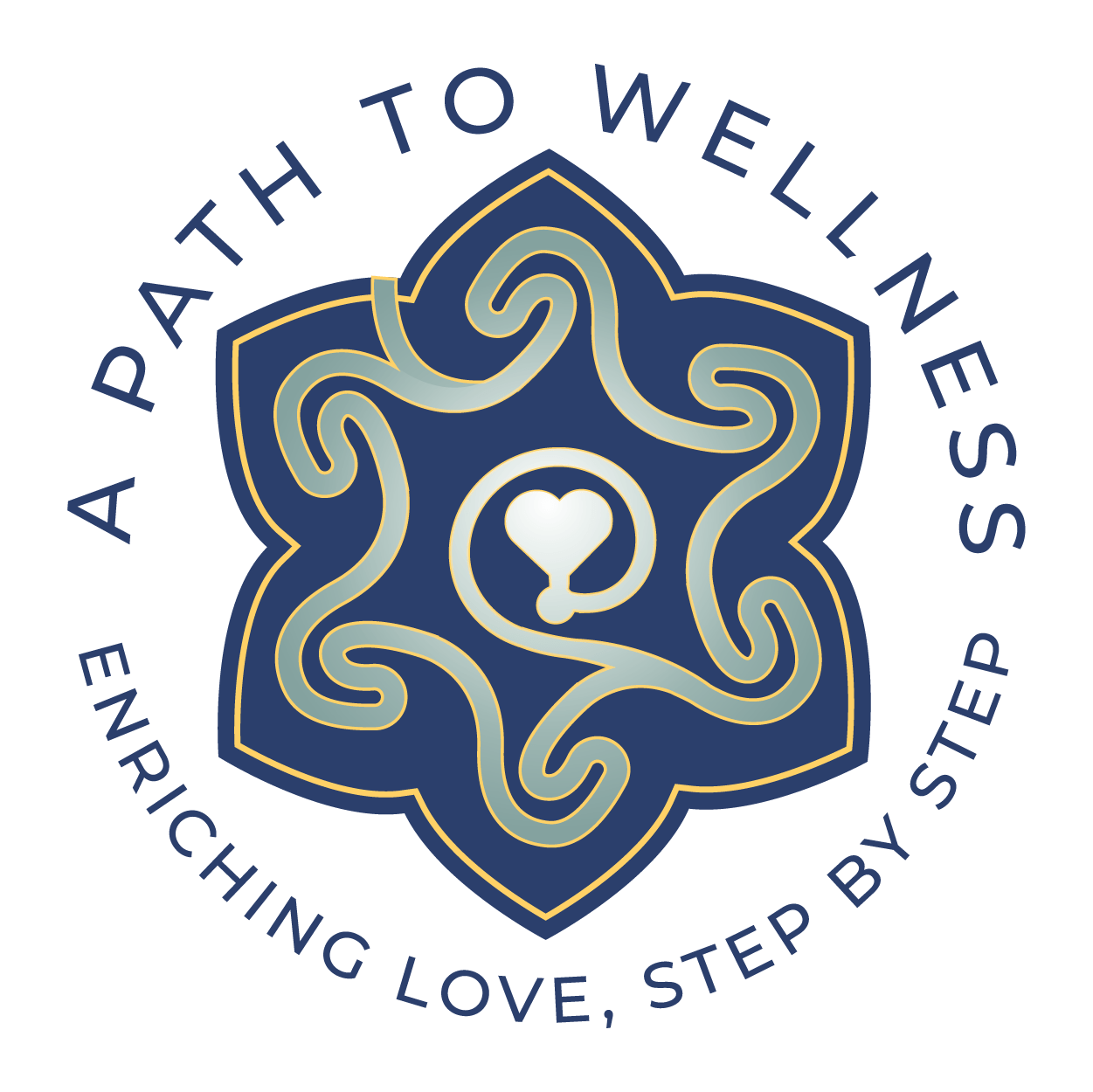Explore Our Wellness Blog Posts

Antifragile Psychotherapy: Growth Through Stress & Uncertainty
In the fast-paced world of demanding schedules and endless to-do lists, it’s no wonder that the spontaneity of sex in relationships often fades. Many couples turn to the concept of scheduled sex as a way to maintain intimacy amidst life’s chaos.

Scheduled Sex: The Affair-Style vs. The Business-Style Approach
In the fast-paced world of demanding schedules and endless to-do lists, it’s no wonder that the spontaneity of sex in relationships often fades. Many couples turn to the concept of scheduled sex as a way to maintain intimacy amidst life’s chaos.

Guided Growth: A Therapist’s Guide to Post-Argument Reflection
Learn how to use a post-mortem process to grow from arguments, reduce defensiveness, and strengthen your relationship. This expert guide for couples includes key questions and strategies for a healthier, more connected partnership.

Unmet Emotional Needs in Relationships: The Root of Defensiveness
Relationships are complex and multifaceted, often balancing between fulfilling needs and managing challenges. One recurring theme that disrupts harmony and communication is defensiveness, a behavior often deeply rooted in unmet emotional needs.

Romantic Relationships as Sexual Siblingship: How Couples Manage Conflict Like Siblings
In the vast landscape of human relationships, there is an intriguing, and often overlooked, parallel between romantic partnerships and sibling dynamics. While the two types of relationships may seem worlds apart, there is a profound connection rooted in the way conflicts are managed.

Transform Your Relationship Daily: A Comprehensive Guide for Couples to Deepen Connection
Building a healthy, loving, and thriving relationship takes consistent effort, understanding, and practice. Every couple faces challenges, but how you navigate those obstacles determines whether your relationship flourishes or flounders. I often say, “Relationships aren’t meant to be easy, but they are meant to be enriching,” a core belief reflected in my book, Making Nice with Naughty. In this guide, I’ll walk you through practical, daily strategies that you and your partner can use to transform your relationship—based on empirical research and therapeutic principles.



